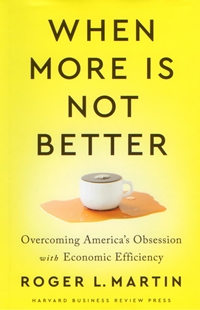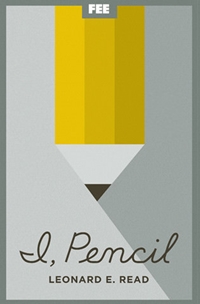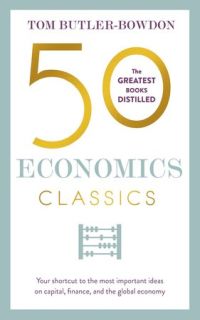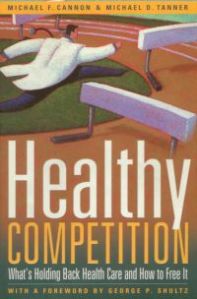
When More Is Not Better: Overcoming America’s Obsession with Economic Efficiency
by Roger L. Martin
Roger Martin, dean of the Rotman School of Management at the University of Toronto from 1998 to 2013, writes about a fragile imbalance in the U.S. economy and the erosion of the middle class. Major themes include efficiency vs. resilience, reductionist thinking vs. complex adaptive systems, and gaming the system. He cites examples of companies where an obsession with efficiency was catastrophic, and conversely, where slack is the secret sauce. He offers policy solutions in such areas as antitrust, taxation, stockholder voting rights, and education.
Continue reading “When More Is Not Better: Overcoming America’s Obsession with Economic Efficiency”

